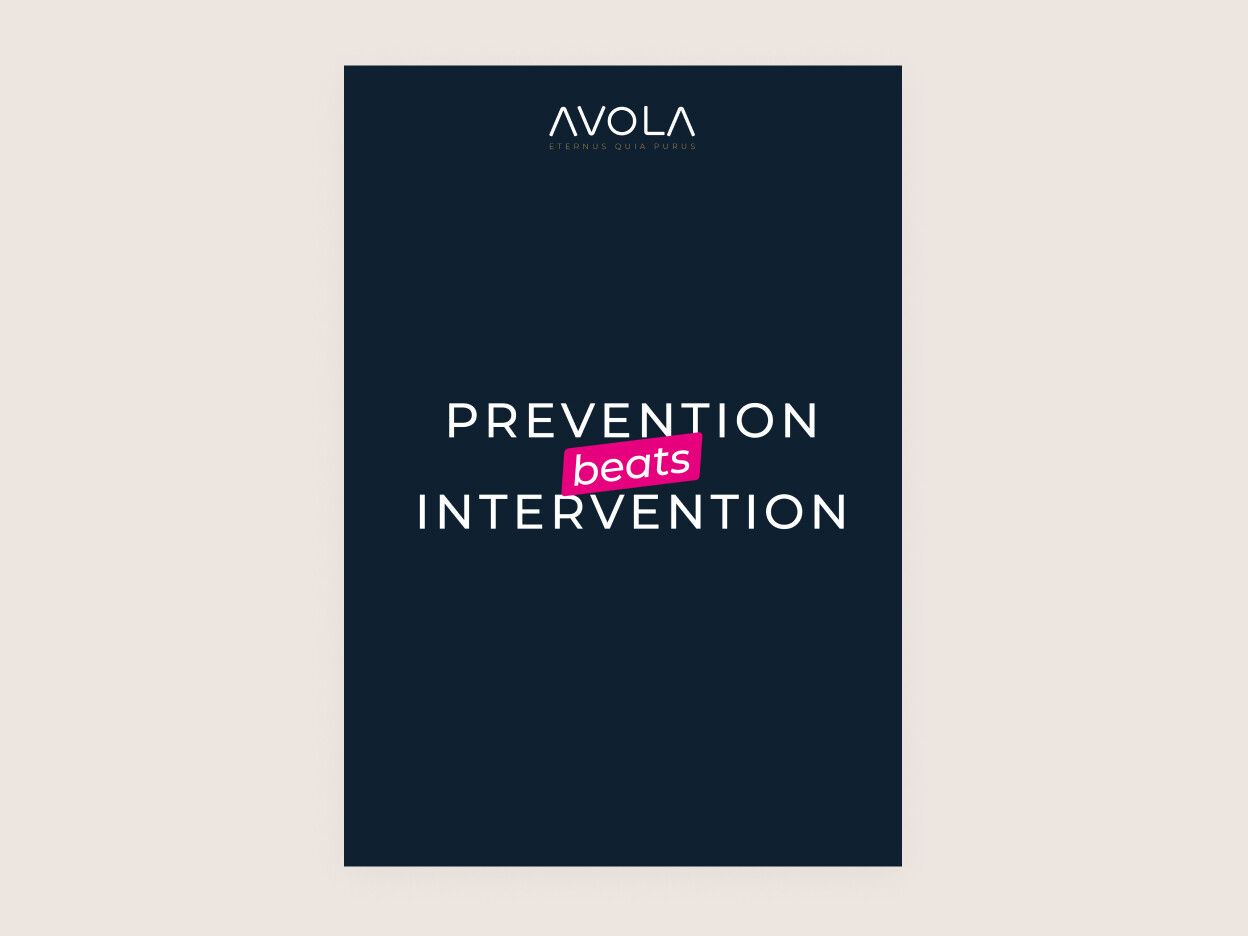Berne, 25. June, 2025. Oral health is a neglected area of global health and has traditionally registered low on the radar of national policy makers. Dentists have also taken little interest in advocacy to promote good oral health, preferring to treat rather than prevent oral diseases. And, because poor oral health affects morbidity more than mortality, governments have viewed oral conditions as less important than other, more life-threatening diseases.
Yet, globally, the burden of major oral diseases and conditions is high. Dental caries is one of the most common chronic diseases worldwide. 90% of people have had dental problems or toothache caused by caries, and in low-to-middle income countries most caries remains untreated. Severe periodontitis affects 5–15% of most populations. Oral cancer is the eighth most common cancer worldwide and the most common in men in southeast Asia. But training more dentists and building dental clinics (the western curative model of care), is costly and unrealistic in most low-income and middle-income countries. Prevention of oral disease is therefore key, largely possible, and should be a routine part of other health professionals’ work.
We have summarized our PREVENTION beats INTERVENTION campaign in a folder that may also help you talking to your peers or interested parties. Feel free to download or ask for printed copies at info@avola.network.
A Call for Prevention, Education, and Systemic Change
Healthcare or Sickcare?
Prevention is more effective and cost-efficient than reactive treatment. AVOLA advocates for a shift from a "sickcare" system – focused on damage control – to proactive health management. Early detection and lifestyle modifications are prioritized to avoid long-term, invasive, and expensive interventions. Oral health is crucial for overall systemic well-being, as poor oral hygiene is linked to multiple chronic diseases, including heart disease, diabetes, and respiratory conditions.
Education, Empowerment, and Systemic Change
Empowering individuals through health literacy, early education, and practical support for healthier lifestyle choices is essential. AVOLA pushes for multidisciplinary collaboration, not just among dentists, but also all healthcare providers, to promote preventive care. Training and incentives should shift from treating disease to maintaining health, aiming for holistic and individualized patient care.
No Health without Oral Health
Oral diseases affect more people globally than cancer, diabetes, and cardiovascular conditions combined. AVOLA calls for policy changes that promote prevention, such as updating payment systems to reward preventive outcomes and expanding preventive education, especially for children. Addressing shared risk factors with other noncommunicable diseases (NCDs) and raising public awareness are key to improving both oral and general health, reducing inequities, lowering long-term healthcare costs, and achieving better quality of life for all.
